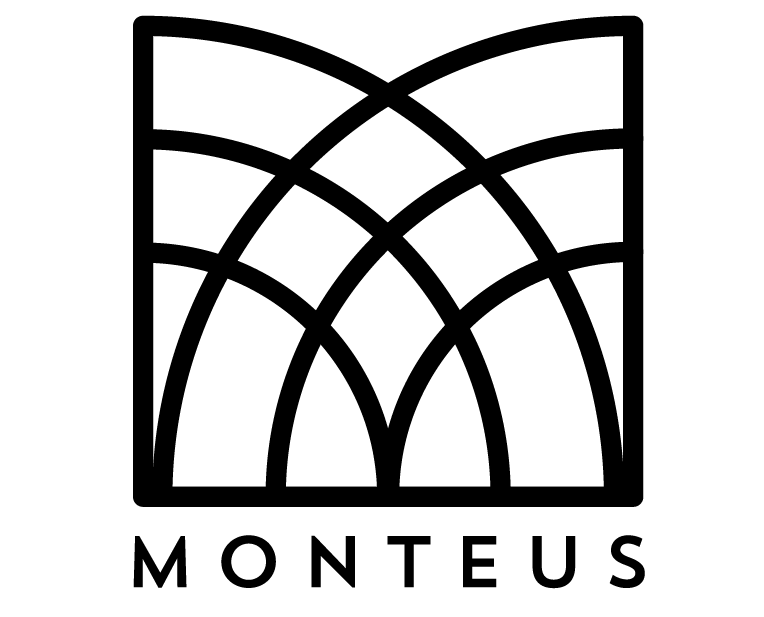Owner Occupier
Monteus offers a traditional home loan called an owner-occupier mortgage which is used to pay for the acquisition of a home that will serve as the borrower’s principal dwelling. This kind of mortgage is often provided by banks and other lending organisations, and it is intended to assist borrowers in buying a residence for their own use rather than as an investment or rental property.
Momentous Owner-occupied mortgages frequently offer lower interest rates and more favorable terms than Monteus Investment Mortgages since the lender considers the borrower to be less risky given that they will be residing in the property and have a personal interest in keeping it maintained.
Borrowers often need to meet certain requirements, such as having a decent credit score, a stable income, and a down payment saved up, in order to qualify for an owner-occupier mortgage. They can also be asked to present documentation for the property they want to buy as well as evidence of their employment and financial position.
Pros and Cons of a Owner Occupier
Here are some pros and cons of an owner occupier mortgage:
Pros:
- Lower interest rates: As mentioned, owner occupier mortgages typically have lower interest rates than investment mortgages, which can save you money on your monthly payments and over the life of the loan.
- More favorable terms: In addition to lower interest rates, owner occupier mortgages may also have more favorable terms, such as a lower required down payment or more lenient lending standards.
- Potential for building equity: As you make payments on your owner occupier mortgage, you will be building equity in your home. If the value of your home increases over time, you may be able to sell it for a profit or use the equity to take out a home equity loan or line of credit.
Cons:
- More responsibilities: As an owner occupier, you will be responsible for maintaining and repairing your home, which can be costly.
- Lack of flexibility: When you take out an owner occupier mortgage, you are committing to living in the property for a certain period of time. If you need to move before the mortgage is paid off, you may have to sell the property or pay a penalty to break the mortgage.
- Limited investment opportunities: If you are looking to invest in real estate, an owner occupier mortgage may not be the best option, as you will not be able to rent out the property or use it as a source of income.
Considerations regarding Owner Occupier
Here are some things to consider when looking at owner occupier mortgages:
- Interest rate: The interest rate on your mortgage can have a big impact on your monthly payments and the overall cost of your loan. Shop around and compare rates from multiple lenders to find the best deal.
- Down payment: The amount of your down payment will affect the size of your mortgage and your monthly payments. A larger down payment may result in a lower interest rate and lower monthly payments, but it will also require more upfront cash.
- Loan term: The loan term is the length of time you have to pay off your mortgage. Shorter loan terms generally have higher monthly payments but result in paying less interest over the life of the loan. Longer loan terms have lower monthly payments but result in paying more interest overall.
- Fees: Be sure to factor in any fees that may be associated with your mortgage, such as origination fees, closing costs, and prepaid interest. These fees can add up and increase the overall cost of your loan.
- Prepayment penalties: Some mortgages may have prepayment penalties, which means you will have to pay a fee if you pay off the loan early. This is something to consider if you think you may be able to pay off your mortgage faster than the loan term.
- Fixed vs. adjustable rate: You will need to decide whether you want a fixed-rate mortgage or an adjustable-rate mortgage (ARM). With a fixed-rate mortgage, the interest rate stays the same throughout the life of the loan. With an ARM, the interest rate can change over time, which can result in either lower or higher monthly payments.
